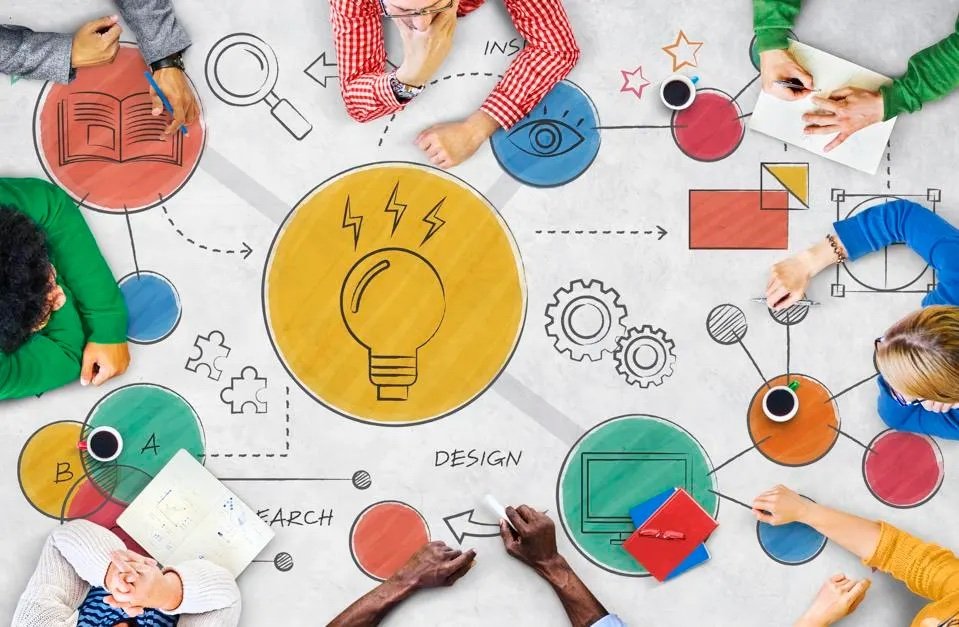How can employees tackle the topic of diversity and inclusion?
I think understanding diversity and inclusion requires a nuanced approach that acknowledges the complexity of human experience. Rather than viewing diversity solely through the lens of distinct categories like gender or ethnicity, it's crucial to recognise the interconnectedness of these identities. For example, the workplace experiences of women can vary significantly depending on factors such as geographical location or socioeconomic background. And in this context, fostering inclusion becomes paramount in harnessing the true potential of diversity.
Employee responsibility (part one)
What concrete steps can employees take to enhance diversity and inclusion?
There are several ways employees can play an active role in creating an inclusive workplace where diverse perspectives are celebrated, and everyone has the opportunity to thrive. Employees can take concrete steps to enhance diversity and inclusion in the workplace by first recognising role models who embody these principles, serving as inspiration and exemplifying the value of embracing differences. I think by improving dialogue and awareness around intersectionality and acknowledging the interconnectedness of various dimensions of diversity like race, gender, age, and socio-economic status will help to create an inclusive environment where all perspectives are valued. Also, by highlighting the practical advantages of diverse teams, such as heightened innovation and problem-solving capabilities, reinforces the business case for diversity and encourages broader participation. Finally, by facilitating open discussions and knowledge-sharing forums allows employees to exchange successful strategies and approaches this will provide a culture of continuous learning and improvement in promoting diversity and inclusion.
Accepting responsibility
It’s always less desirable to give nuanced, complex, or sophisticated answers which require input from multiple parts, be it society or yourself. People have always wanted simple answers. Whenever anything happens people need to know whose fault it is and if possible, embody blame into one person, for example, immigrants, the European Union, it’s always somebody else. “It’s never us!” because people love to have a solution that is both not nuanced, not sophisticated and not our fault. Acknowledging the effects of your behaviour and choices will open you up to new experiences, improves your mental health which in turn, allows you to build a sense of control over your life. I think taking responsibility for your own actions is how you’ll gain a deep understanding of your true self.
This level of mindfulness
My heroes have always had a "growth mindset”, believing they can learn, grow, and change throughout their entire lives. It’s incredibly refreshing to be the designer of what happens next and not being a pawn in the system. First you have to take responsibility, then you need to find an interesting problem, then you take your customer on the journey to solve their problem. Never use fear, shame, and anger to get people to do what you want you want them to do.
We all remember the saying, “failure is not an option!” and if this is the case, then neither is success. Therefore, what we need is a process that you can do over and over again. And the fuel you need for that is possibility, because if we can see it in our heads that it’s possible then it’s easier to own it. This is possible and once it’s possible then you can be responsible, and once you can be responsible, then you can build a process. Don’t seek perfection, seek possibilities.
“Learn from yesterday, live for today, hope for tomorrow. The important thing is not to stop questioning.”






